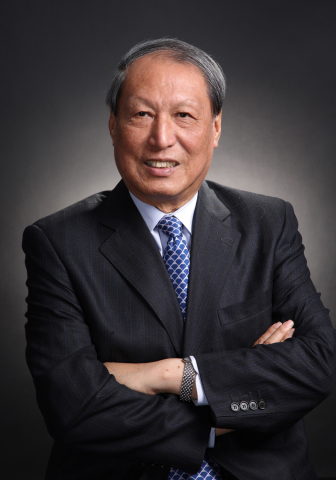
Practical information
Prof. Cheng Siwei is the Dean of School of Management, University of Chinese Academy of Sciences. He is a famous Chinese scholar in economic, financial and managerial fields as well as in chemical industry. He devotes himself in the reform and opening up of China for 30 years. He has proposed the approach of complexity science to study the economic reforms in China and put forward many valuable and influencing proposals to the top leaders of China, and implemented his thoughts in his work as the Vice Chairman, Standing Committee of National People"s Congress of China and the Chairman, Central Committee of China National Democratic Construction Association. He has initiated the school of fictitious economy and has a deep influence in China"s economic and financial circle. He has also promoted the venture capital business in China and built up high reputation in this field. He is also very active in international academic community and was invited to give keynote speeches in many countries and international forums.
Chair: Françoise Nicolas, Director, Center for Asian Studies, Ifri.




